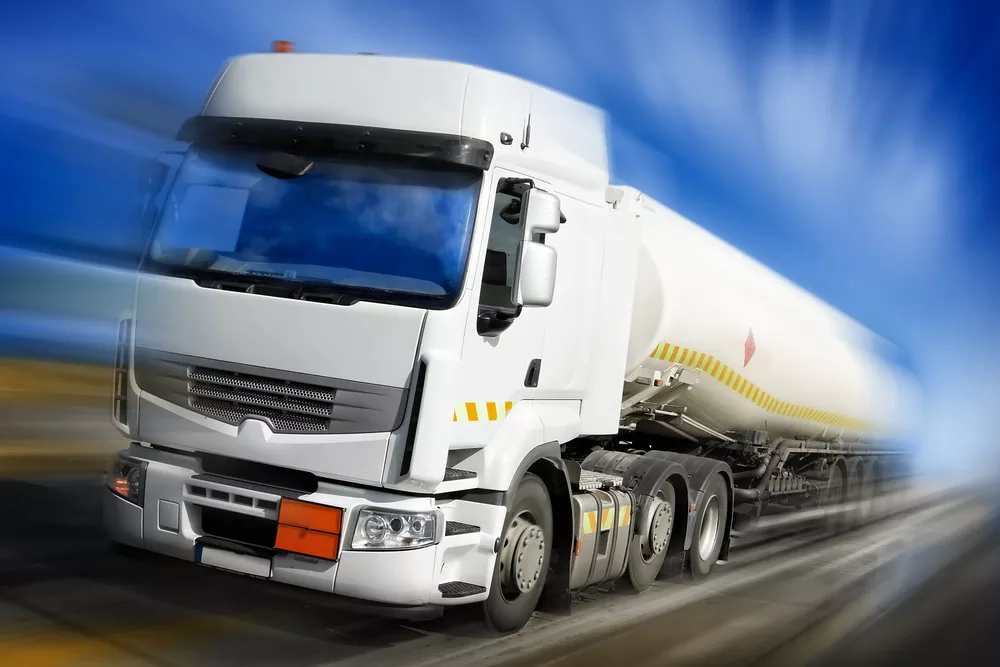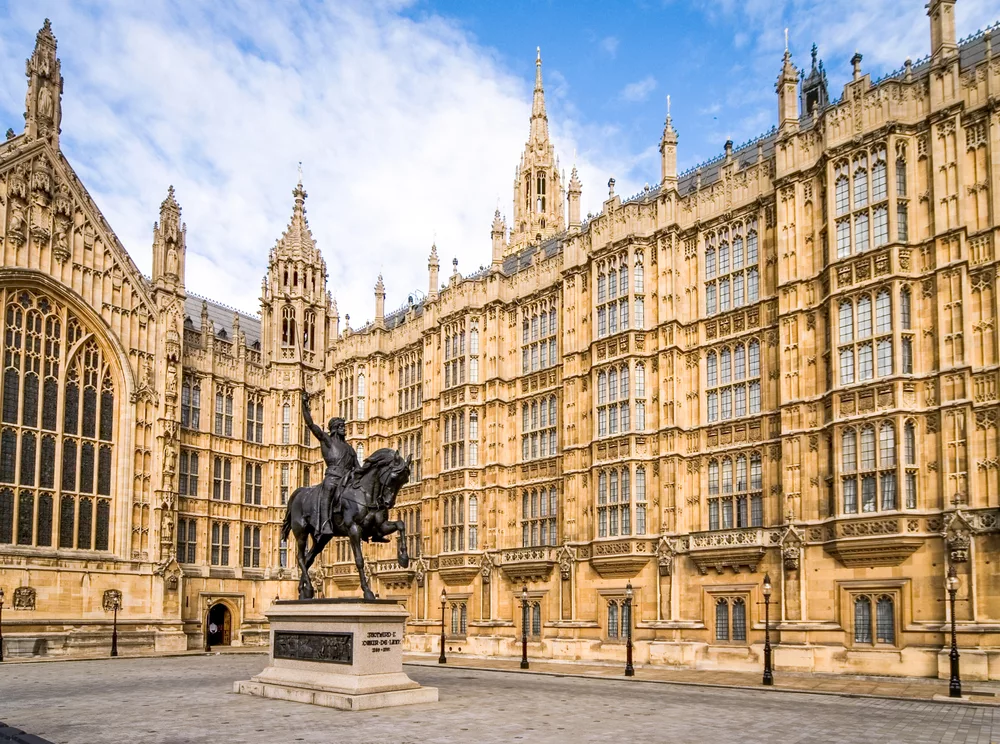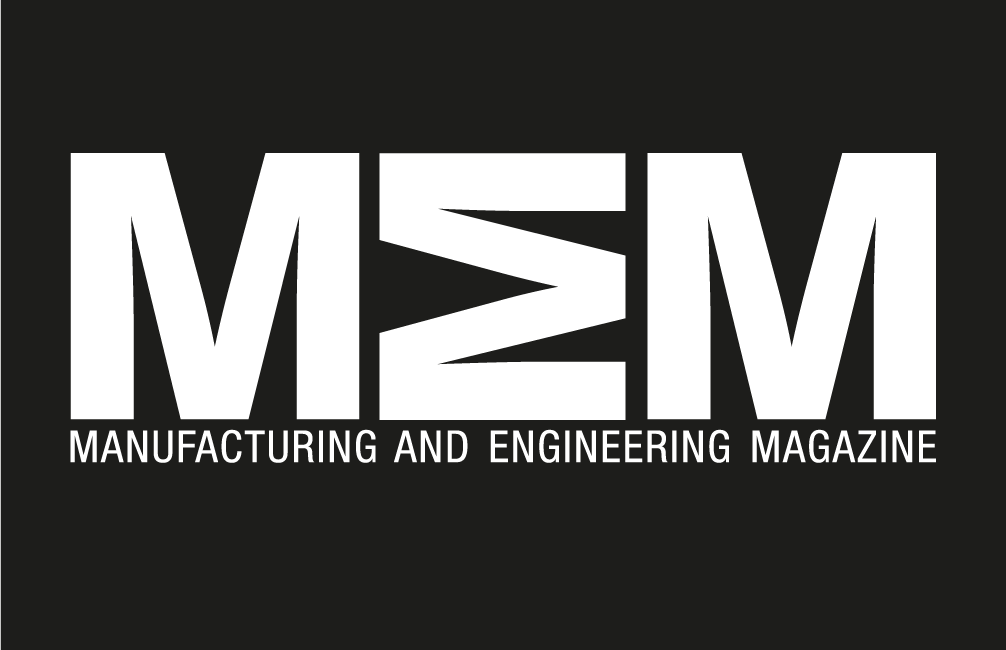Cardiff Gets Set for New Transport Infrastructure

Plans are approved and construction under way on a new road that will connect Cardiff with the east side of the city. The £57.3m project will see the development of a new dual carriageway between Roverway and Cardiff Bay (A4232 Butetown Tunnel), hoped to bring increased mobility as well as congestion relief for those in and around the Welsh capital. Preparatory work has been completed over the last few weeks though construction was launched by Edwina Hart, Welsh Government Minister today. The Eastern Bay Link Road is expected to be completed by spring 2017 and hoped to be a long-term solution to ongoing traffic problems on the cityâs busy Tyndall Street. Amongst improving the transport infrastructure, and thus improving mobility and reducing journey times, the project is also expected to bring a significant economic boost to the city. Edwina Hart suggested that that the Eastern Bay Link Road development would create numerous jobs and apprenticeship opportunities over the next year. In fact, the total number of employment opportunities as a direct result of the build is predicted at in excess of 100. She added that, after completion, the new road would also support wider economic growth by better connecting surrounding regions with the capital and improving access to Central Cardiff Enterprise Zone. The brand new dual carriageway will also integrate a pedestrian footway and cycle path across its entire length. The road will therefore not only benefit road users but also incentivise so-called green travel by encouraging carbon-free travel. The road spells more good news for the region after Chancellor George Osborne announced the Severn Bridge tolls would be halved by 2018 in yesterdayâs budget. Some 13 million vehicles pay for privilege of crossing the Severn Bridge every year and the move will, like the Eastern Bay Link Road, facilitate increased mobility in the country. Manufacturing & Engineering Magazine | The Home of Manufacturing Industry News
Steel Industry Further Rocked by Chancellor’s Budget

Steel Industry Further Rocked by Chancellor’s Budget : Following the release of the chancellor’s Budget yesterday, businesses have collectively welcomed plans to cut corporation tax, many describing the move as long overdue. With the absence of support for the steel industry however, the release of George Osborne’s annual Budget has also been ravaged by criticism. Corporation tax is set to reduce and will stand at just 17% by 2020, the Chancellor promised yesterday. The 3% cut follows Osborne first tax reform back in 2010 which saw corporation tax slashed from 28% to 20% under the promise of a strong and stable economy with principles of growth and fairness. With that in mind however, Osborne may struggle to pledge his commitment to the same core values. The threshold for business rate tax relief is set to double. And while this will significantly reduce the number of firms paying the levy (with as many as 600,000 firms expected to be newly exempt), many have claimed the change in policy will only benefit SMEs and continue to leave larger companies and OEMs paying an unfair rate of tax. Mike Cherry, Policy Director at the Federation of Small Businesses, concurred: The chancellor has listened to our calls for the tax system to be made simpler for small businesses and the self-employed and taken important action on business rates. In general, business rates will also rise at a far slower rate and will be linked with the consumer index of inflation. Again, the biggest reprieve will be for small businesses who, under current policy, pay rates according to the higher retail prices index. Most talked about however, is what the Chancellor has failed to do. Over the past year, Tata Steelâs Scunthorpe-based manufacturing plant has regularly announced job loses, now totalling over 3,000. Like many others in sector, Tata Steel blames a combination of high energy costs, the increased momentum of the environmental agenda, and an increasingly competitive market overseas. The Chancellor was hoped to alleviate some of those pressures at yesterdayâs budget though failed to make the changes steelworkers are said to so sorely need. Plant and machinery removal will continue to be factored into the calculation of business rates for firms, hiking up the tax considerably for all those in the sector. In many respects, this discourages firms from investing in new facilities or equipment in a bid to keep costs down. In turn, the UK remains behind in the research and development, as well as environmental, stakes; thus begins a cycle in which businesses are wrought by hardship. Various trade associations and firms have emerged to lobby for a U-turn on Osborneâs plans. One waits with baited breath to see what the future of the UKâs steel industry has in store. Manufacturing & Engineering Magazine | The Home of Manufacturing Industry News



